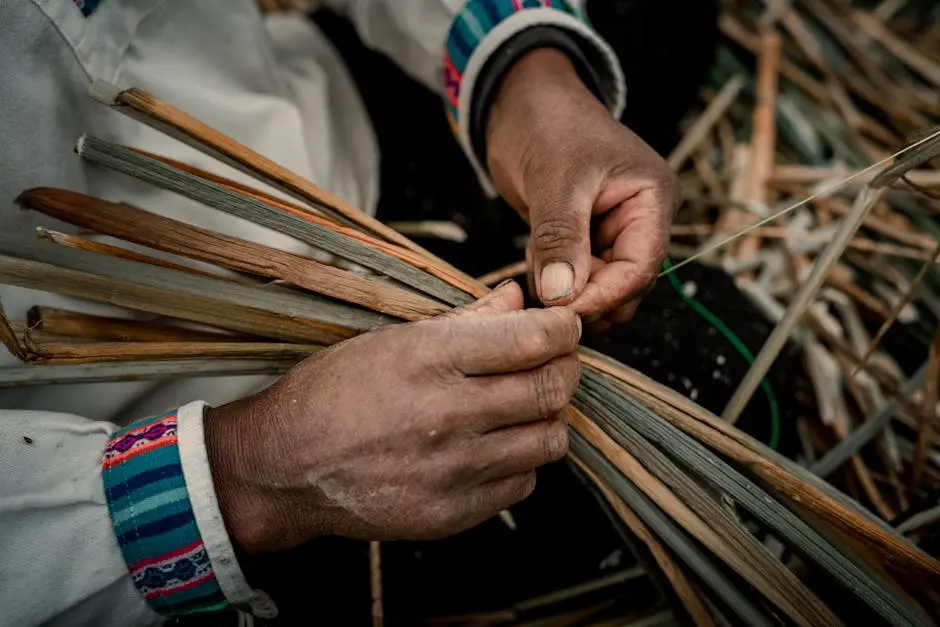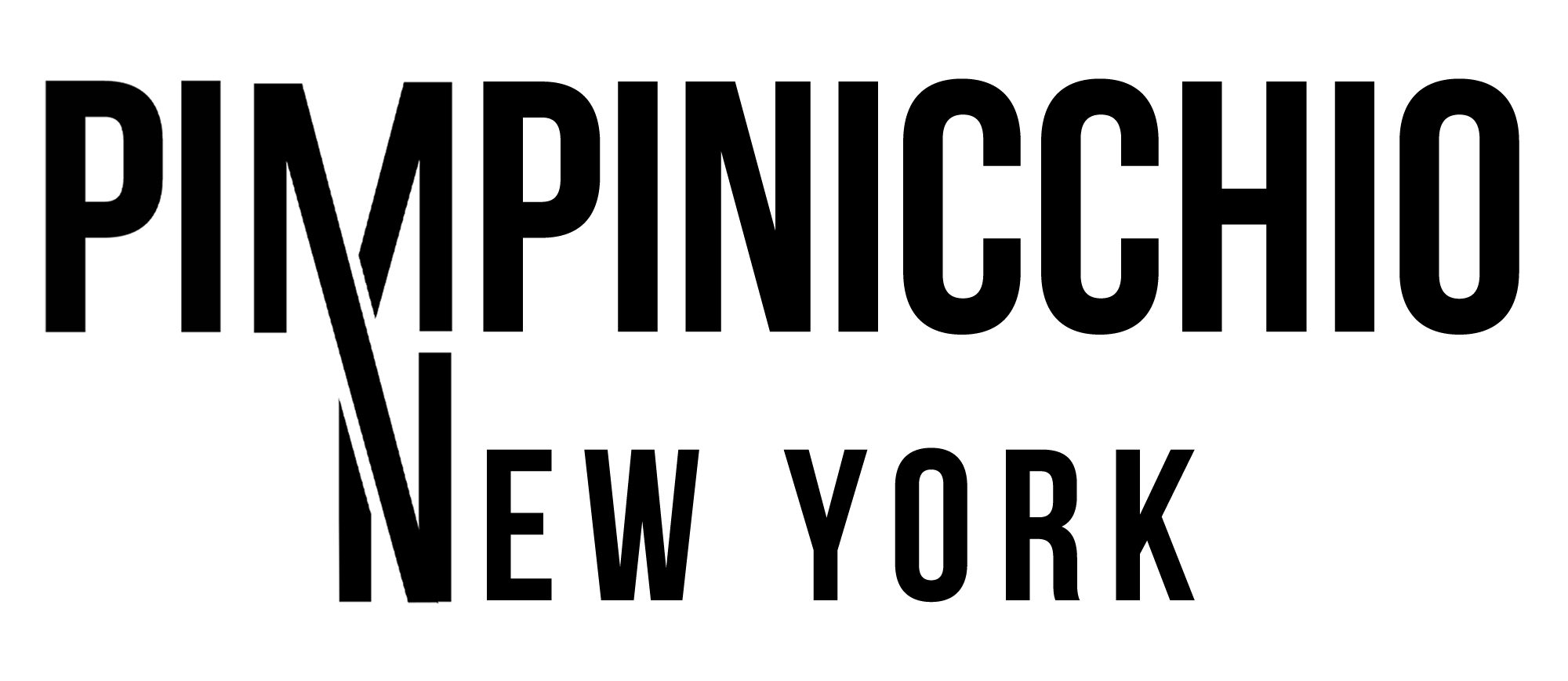As consumers become increasingly conscious of their environmental impact, sustainable fashion options are on the rise. One of the most exciting innovations in this realm is pineapple vegan leather. Derived from the byproducts of pineapple farming, this eco-friendly material is not only stylish but also aligns perfectly with a conservation-minded lifestyle. Here are several compelling reasons why pineapple vegan leather is poised to become a game-changer in the fashion industry.
1. An Eco-Friendly Alternative to Traditional Leather
Pineapple vegan leather presents a remarkable alternative to traditional leather, which often involves severe environmental degradation and animal cruelty. This innovative material is made from the fibers of pineapple leaves, a byproduct that would otherwise be discarded after harvest. By repurposing these agricultural remnants, we not only reduce waste but also offer a sustainable solution that challenges the status quo in the fashion industry. As consumers increasingly seek eco-friendly materials, pineapple leather stands out for its unique production process and minimal environmental footprint.
Additionally, the production of pineapple vegan leather utilizes less water and releases significantly fewer greenhouse gases compared to conventional leather. This means that every handbag or pair of shoes made from this versatile material contributes to lessening our collective impact on the planet. As we strive toward more responsible fashion choices, opting for pineapple leather is an empowering way to make a difference. Each product marks a step toward a more eco-conscious lifestyle, promoting the idea that sustainable choices can also be stylish.
2. Supports Pineapple Farmers and Local Economies
Choosing pineapple vegan leather also helps to uplift pineapple farmers and bolster local economies. By creating a demand for pineapple leaves, this innovative material supports agricultural communities, providing them with new income opportunities. Many farmers in regions known for pineapple cultivation often face challenges such as fluctuations in the market price for the fruit. Pineapple leather can stabilize their income by ensuring that every part of the plant is used, minimizing waste and maximizing profit potential.
Moreover, when consumers choose pineapple vegan leather products, they contribute to sustainable economic practices. This supports the livelihoods of those who are committed to eco-friendly farming methods. The potential for growth in this sector is tremendous, paving the way for improved business practices that respect both the environment and the community. In essence, investing in pineapple vegan leather is not just about buying a product; it’s about making a choice that benefits people and the planet.
3. Biodegradable and Compostable Properties
One of the standout features of pineapple vegan leather is its biodegradable and compostable properties. Unlike traditional leather, which can take decades to decompose, pineapple leather can break down naturally. This characteristic is a game-changer for sustainability, drastically reducing the amount of waste ending up in landfills. As conscious consumers, knowing that our fashion choices won’t contribute to pollution is incredibly reassuring.
When products made from pineapple leather reach the end of their life cycle, they can return to the earth instead of lingering indefinitely in waste sites. This composting ability not only aligns with the principles of a zero-waste lifestyle but also ensures that any remnants will enrich the soil rather than degrade it. By embracing materials like pineapple vegan leather, we advocate for a circular economy that encourages the repurposing of resources, from harvest to product disposal.
4. Versatile and Stylish Fashion Statement
In addition to its sustainability, pineapple vegan leather makes a striking statement in fashion. With its ability to mimic the texture and appearance of traditional leather, it offers endless styling possibilities for the fashion-forward consumer. From chic handbags to elegant footwear, the versatility of pineapple leather allows it to fit seamlessly into various fashion aesthetics. It is truly the best of both worlds: eco-conscious and trendy.
Fashion designers are creatively exploring pineapple vegan leather in their collections, pushing the boundaries of what sustainable fashion can look like. This material can be tailored, dyed, and embossed in numerous ways, making it a favorite for innovative designs. As a result, consumers no longer have to sacrifice style to make sustainable choices. Wearing pineapple vegan leather is not just about supporting a movement; it’s about showcasing fabulous style with integrity.
5. Low Carbon Footprint Compared to Conventional Leather
The carbon footprint of pineapple vegan leather is significantly lower than that of conventional leather. Traditional leather production involves intensive animal husbandry and processing methods that contribute excessive CO2 emissions. In contrast, pineapple leather’s production cycle emits considerably fewer greenhouse gases, making it a more climate-friendly option. This reduction results from its use of agricultural waste and less resource-intensive production processes, which are crucial as we confront climate change.
By choosing pineapple leather, consumers can directly contribute to reducing their own carbon footprints. As awareness surrounding climate change continues to grow, so does the need for solutions that can mitigate its effects. Fashion choices can play an essential role in this fight, and by selecting materials with a low environmental impact, like pineapple vegan leather, we take smart steps toward a more sustainable future.
6. Animal-Friendly and Cruelty-Free Production
Pineapple vegan leather stands out as an animal-friendly alternative, allowing consumers to embrace their love for fashion without compromising on ethics. The production process does not involve any animal harm, which is a crucial consideration for those advocating for humane treatment of all creatures. This cruelty-free approach is immensely appealing to the growing number of consumers who refuse to support industries with questionable ethical practices.
In an increasingly conscious market, the demand for animal-friendly materials is on the rise. By endorsing pineapple vegan leather, we foster a culture that values compassion toward all living beings. This shift signifies a greater awakening to how our fashion choices can embody the principles of kindness and respect, ultimately reshaping the industry for the better. Opting for animal-friendly apparel should be a guiding principle for anyone committed to making informed consumer choices.
7. Innovation in Material Science for Fashion
The emergence of pineapple vegan leather represents a significant innovation in material science, showcasing how creativity and sustainability can intersect beautifully. As researchers continue to explore new ways to harness natural resources, pineapple leather emerges as a prime example of what can be achieved with ingenuity. The ability to transform agricultural waste into fashionable items demonstrates a commendable breakthrough in the way we think about materials.
As advancements in technology continue to grow, we can expect even more innovative applications of sustainable materials in the fashion sector. Pineapple leather encourages further exploration into how we can tap into natural resources responsibly and creatively. This movement points towards a future where material science merges seamlessly with sustainability, offering exciting opportunities for the fashion industry to thrive without depleting the earth’s resources.
8. Raising Awareness for Sustainable Choices
Pineapple vegan leather also plays a vital role in raising awareness of sustainable choices in fashion. As more consumers become informed about the environmental implications of their purchasing habits, materials like pineapple leather provide a tangible and attractive alternative. By showcasing this innovative product in stores and online, designers can educate shoppers about the benefits of sustainability, urging them to consider the origins of the materials they wear.
Through effective marketing and storytelling, brands using pineapple leather have the potential to shift consumer mindsets towards more sustainable practices. This shift could catalyze a broader movement toward ethical consumption in the fashion industry, encouraging consumers to seek out products that embody a commitment to the planet. Pineapple vegan leather not only beautifies wardrobes but also fosters conversations around sustainability, compelling everyone to rethink what they wear.




0 comments